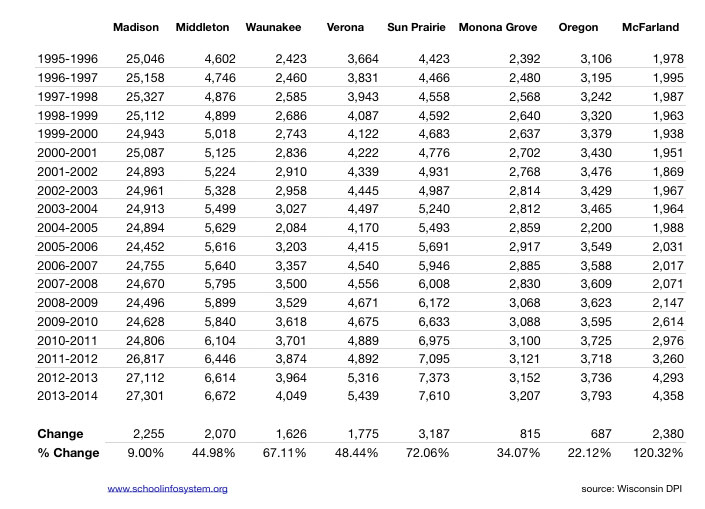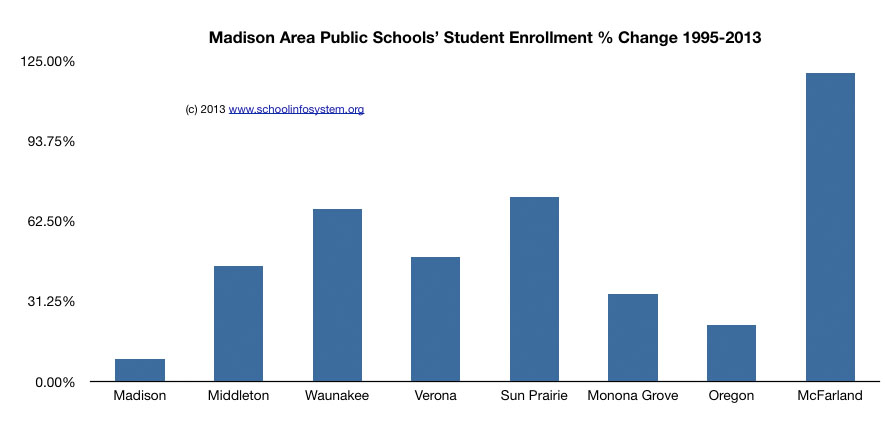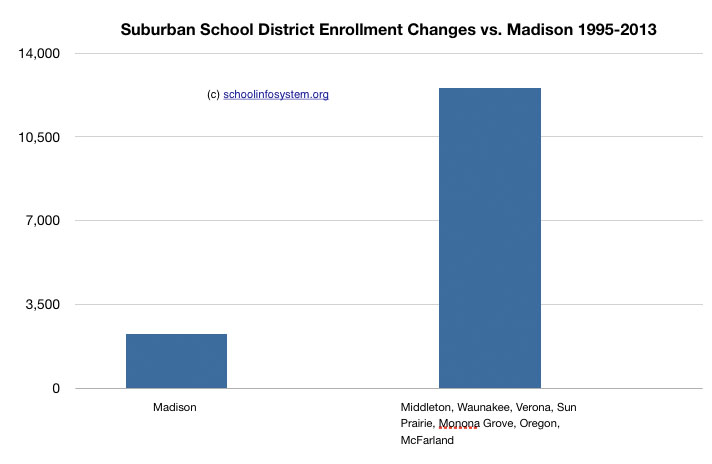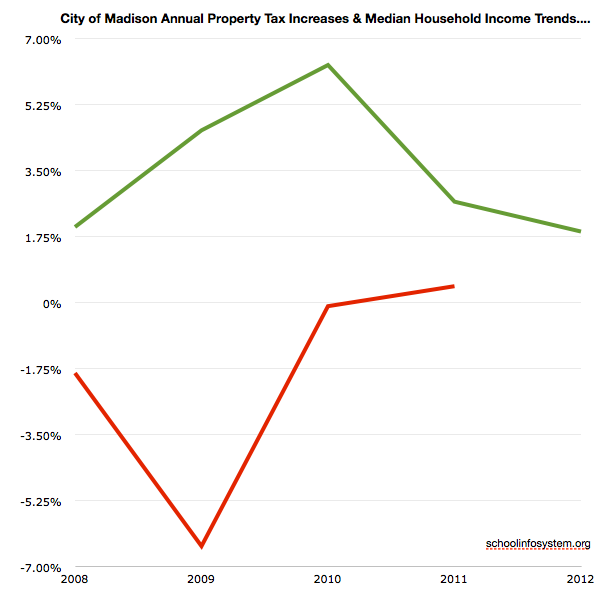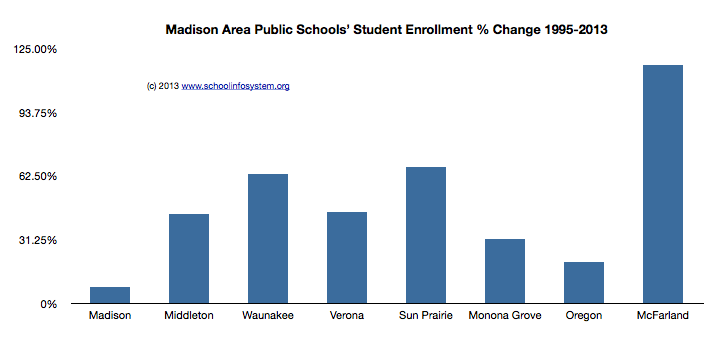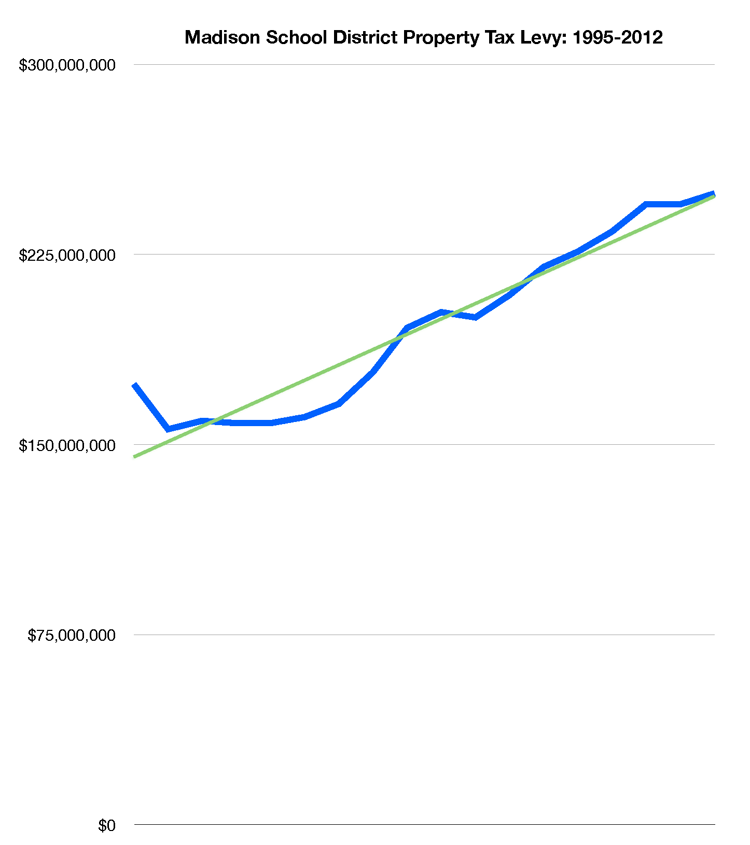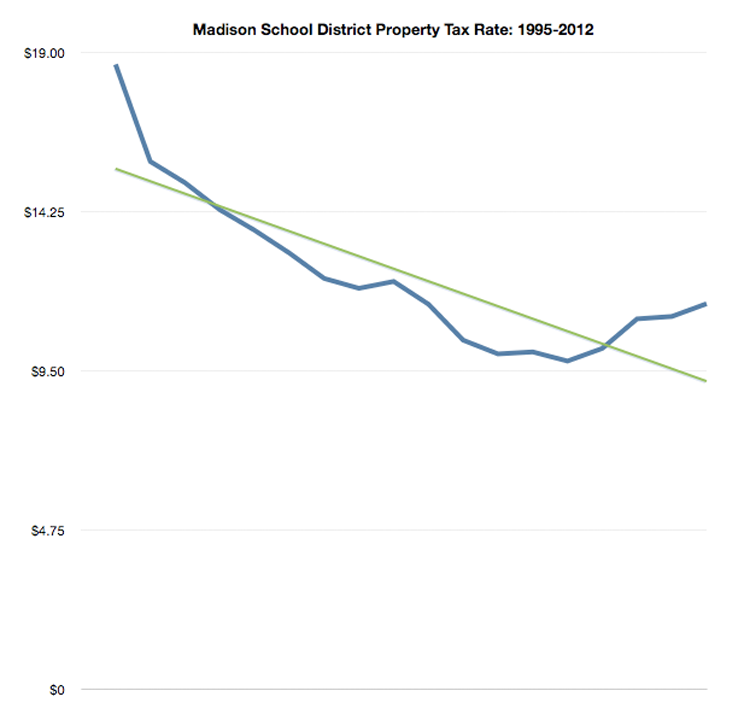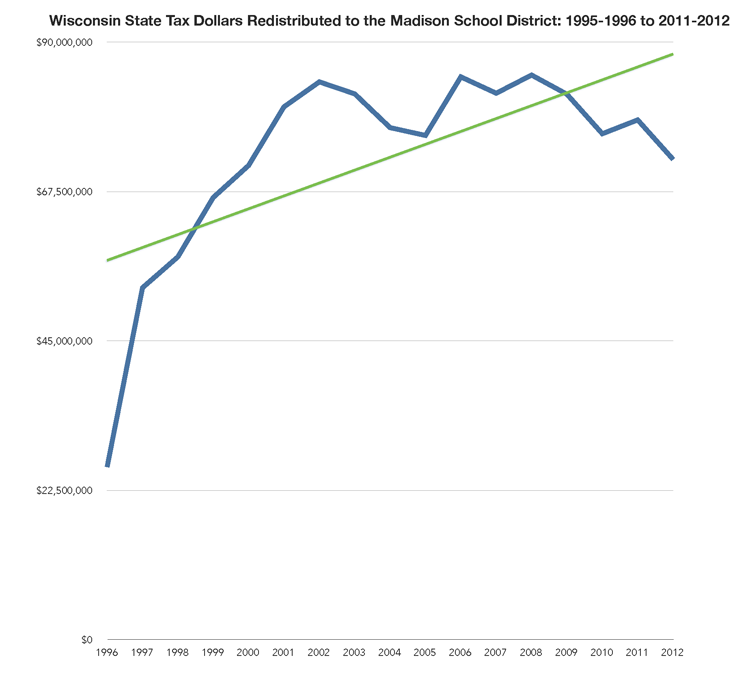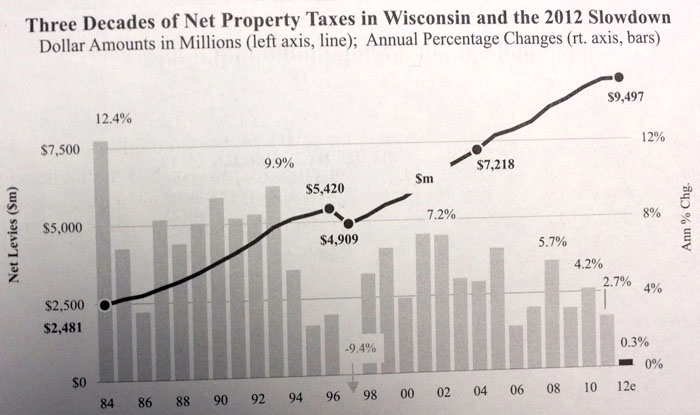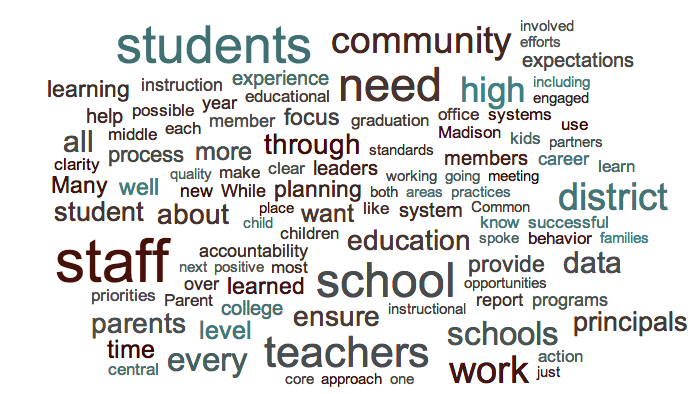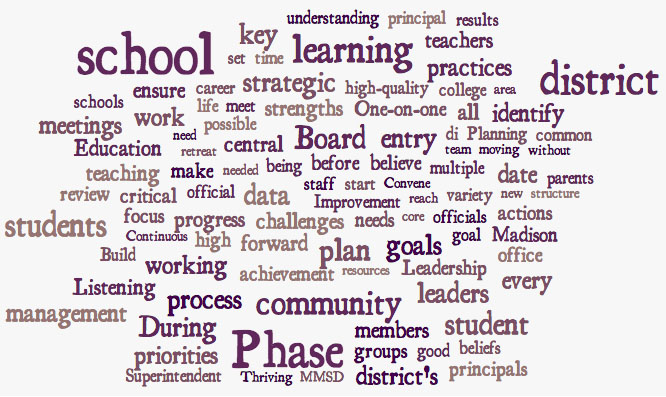The dichotomy that is Madison School Board Governance was on display this past week.
1. Board Member TJ Mertz, in light of the District’s plan to continue growing spending and property taxes for current programs, suggests that “fiscal indulgences“:
Tax expenditures are not tax cuts. Tax expenditures are socialism and corporate welfare. Tax expenditures are increases on anyone who does not receive the benefit or can’t hire a lobbyist…to manipulate the code to their favor.
be applied to certain school volunteers.
This proposal represents a continuation of the Districts’ decades long “same service” approach to governance, with declining academic results that spawned the rejected Madison Preparatory IB Charter School.
2. Madison’s new Superintendent, Jennifer Cheatham introduced her “Strategic Framework” at Wednesday’s Downtown Rotary Club meeting.
The Superintendent’s letter (jpg version) (within the “framework” document) to the Madison Community included this statement (word cloud): 
Rather than present our educators with an ever-changing array of strategies, we will focus on what we know works and implement these strategies extremely well. While some of the work may seem familiar, having the courage and determination to stay focused on this work and do it well is in itself a revolutionary shift for our district. This is what it takes to narrow and eliminate gaps in student achievement.
The Madison School Board’s letter (jpg version) to the community includes this statement:
Public education is under sustained attack, both in our state and across the nation. Initiatives like voucher expansion are premised on the notion that public schools are not up to the challenge of effectively educating diverse groups of students in urban settings.
We are out to prove that wrong. With Superintendent Cheatham, we agree that here in Madison all the ingredients are in place. Now it is up to us to show that we can serve as a model of a thriving urban school district, one that seeks out strong community partnerships and values genuine collaboration with teachers and staff in service of student success.
Our Strategic Framework lays out a roadmap for our work. While some of the goals will seem familiar, what’s new is a clear and streamlined focus and a tangible and energizing sense of shared commitment to our common goals.
The bedrock of the plan is the recognition that learning takes place in the classroom in the interactions between teachers and students. The efforts of all of us – from school board members to everyone in the organization – should be directed toward enhancing the quality and effectiveness of those interactions.
There is much work ahead of us, and the results we are expecting will not arrive overnight. But with focus, shared effort and tenacity, we can transform each of our schools into thriving schools. As we do so, Madison will be the school district of choice in Dane County.
Madison School Board word cloud:

Related: North Carolina Ends Pay Boosts for Teacher Master’s Degrees; Tenure for elementary and high-school teachers also eliminated
North Carolina Gov. Pat McCrory, a Republican, signed a budget bill Friday that eliminates teacher tenure and–in a rare move–gets rid of the automatic pay increase teachers receive for earning a master’s degree.
The legislation targets a compensation mechanism that is common in the U.S., where teachers receive automatic pay increases for years of service and advanced degrees. Some research has suggested those advanced degrees don’t lead to improved teaching.
Although a few other states have talked about doing away with the automatic pay increase for advanced degrees, experts say North Carolina is believed to be the first state to do so.
The budget bill–which drew hundreds of teachers to the Capitol in protest earlier this week–also eliminates tenure for elementary and high-school teachers and freezes teacher salaries for the fifth time in six years.
It comes as states and districts across the country are revamping teacher evaluations, salaries and job security, and linking them more closely to student performance. These changes have been propelled, in part, by the Obama administration and GOP governors.
The challenge for Madison is moving away from long time governance structures and practices, including a heavy (157 page pdf & revised summary of changes) teacher union contract. Chris Rickert’s recent column on Madison’s healthcare practices provides a glimpse at the teacher – student expenditure tension as well.
Then Ripon Superintendent Richard Zimman’s 2009 Madison Rotary speech offers important background on Madison’s dichotomy:
“Beware of legacy practices (most of what we do every day is the maintenance of the status quo), @12:40 minutes into the talk – the very public institutions intended for student learning has become focused instead on adult employment. I say that as an employee. Adult practices and attitudes have become embedded in organizational culture governed by strict regulations and union contracts that dictate most of what occurs inside schools today. Any impetus to change direction or structure is met with swift and stiff resistance. It’s as if we are stuck in a time warp keeping a 19th century school model on life support in an attempt to meet 21st century demands.” Zimman went on to discuss the Wisconsin DPI’s vigorous enforcement of teacher licensing practices and provided some unfortunate math & science teacher examples (including the “impossibility” of meeting the demand for such teachers (about 14 minutes)). He further cited exploding teacher salary, benefit and retiree costs eating instructional dollars (“Similar to GM”; “worry” about the children given this situation).
“Budget Cuts: We Won’t Be as Bold and Innovative as Oconomowoc, and That’s Okay”.

